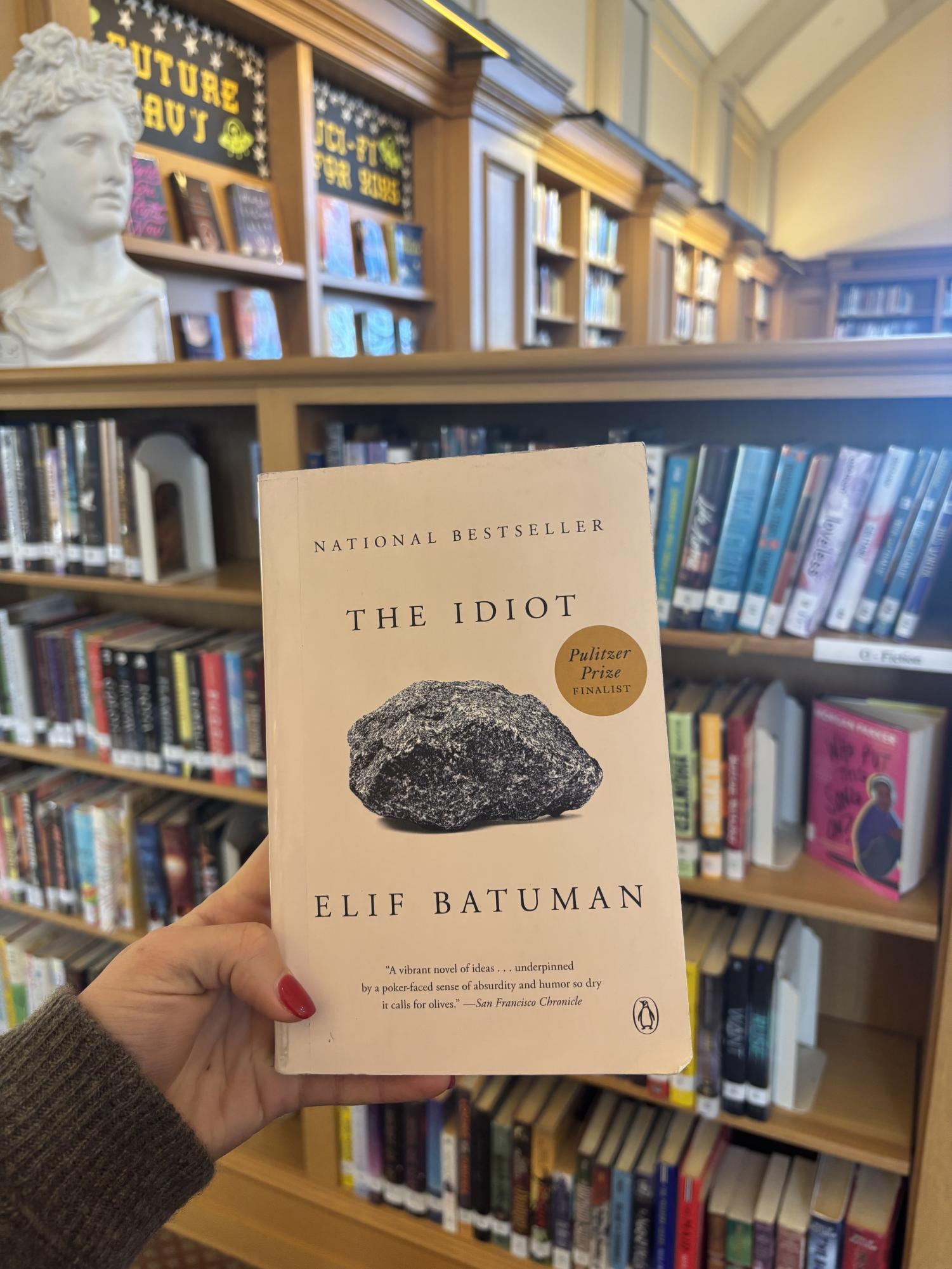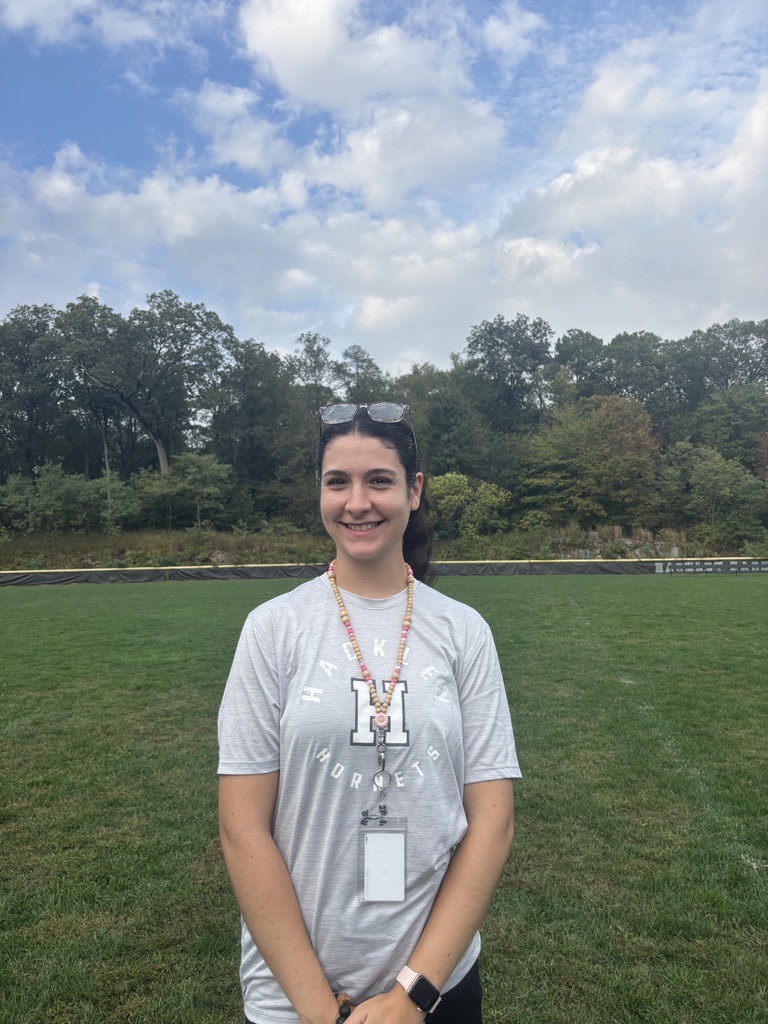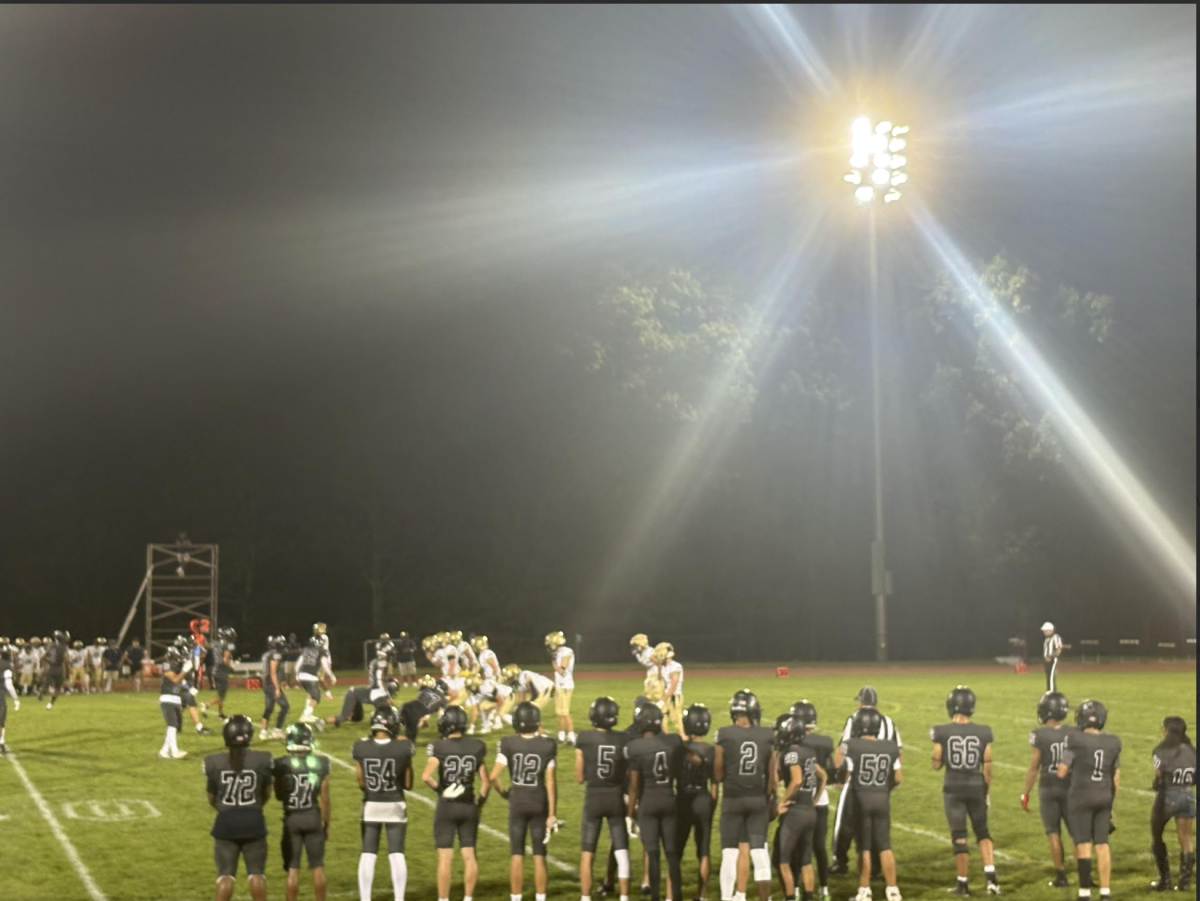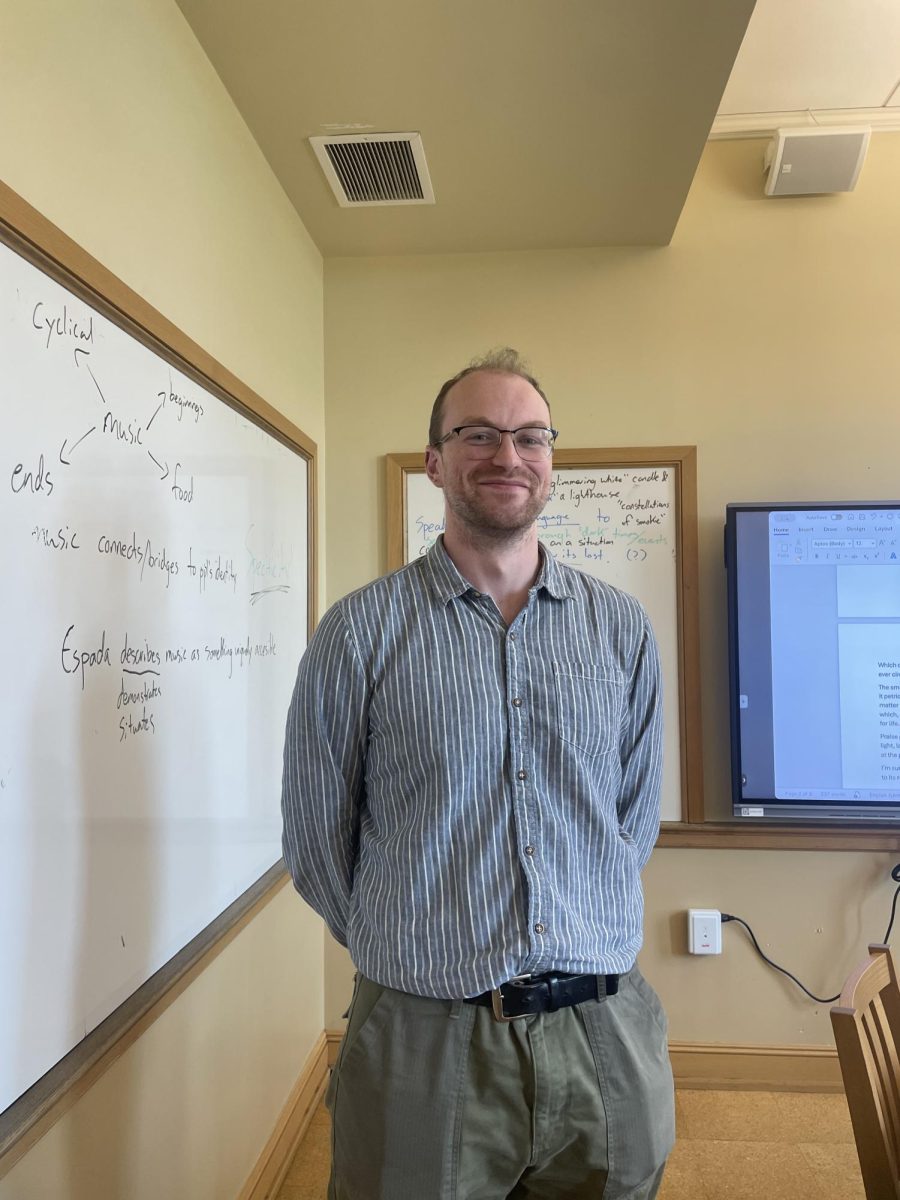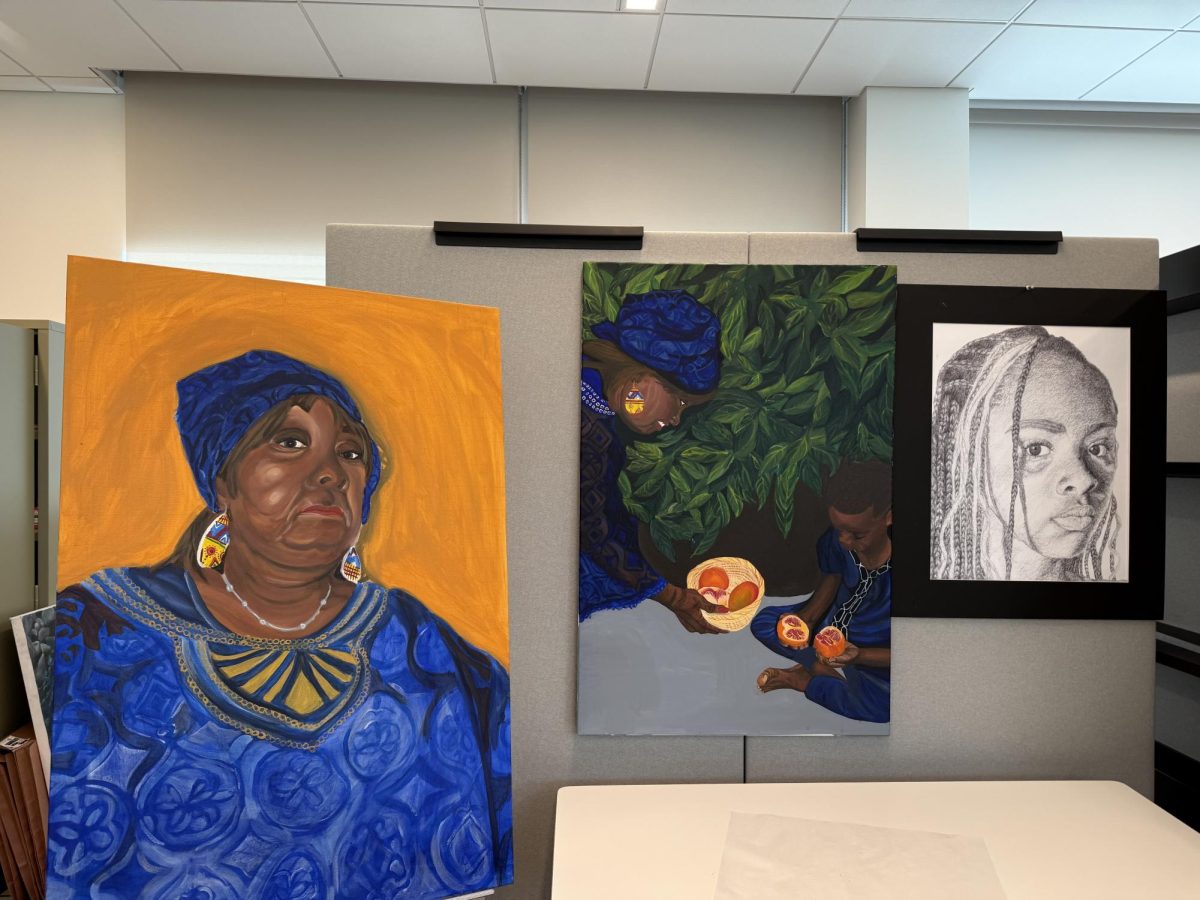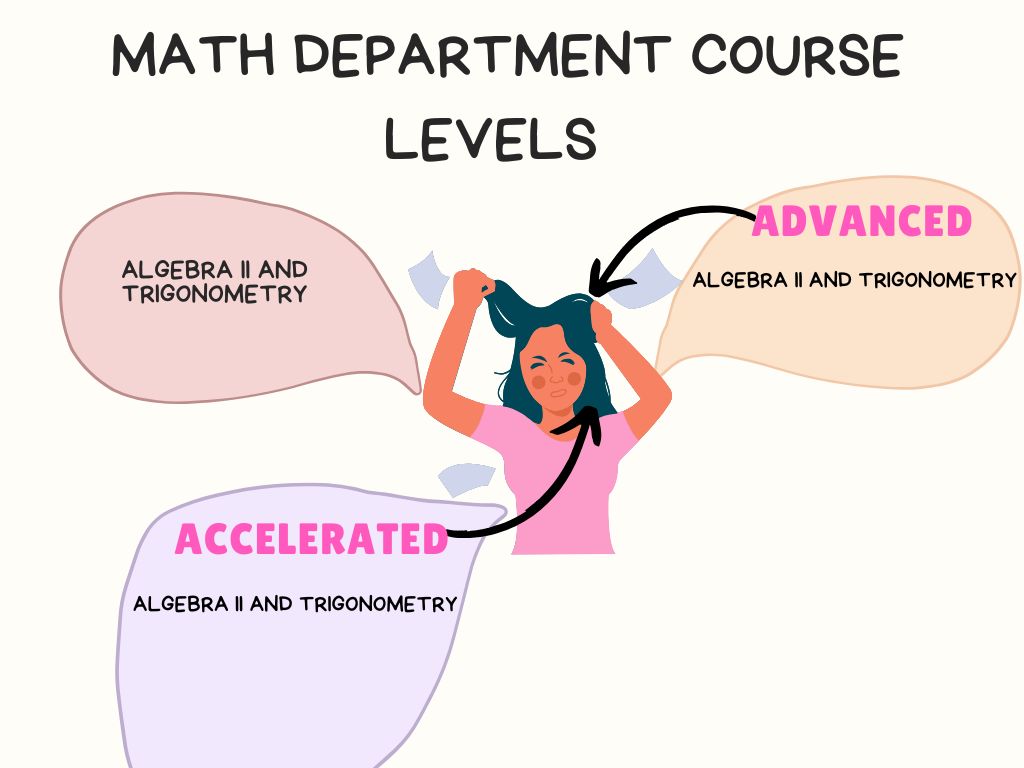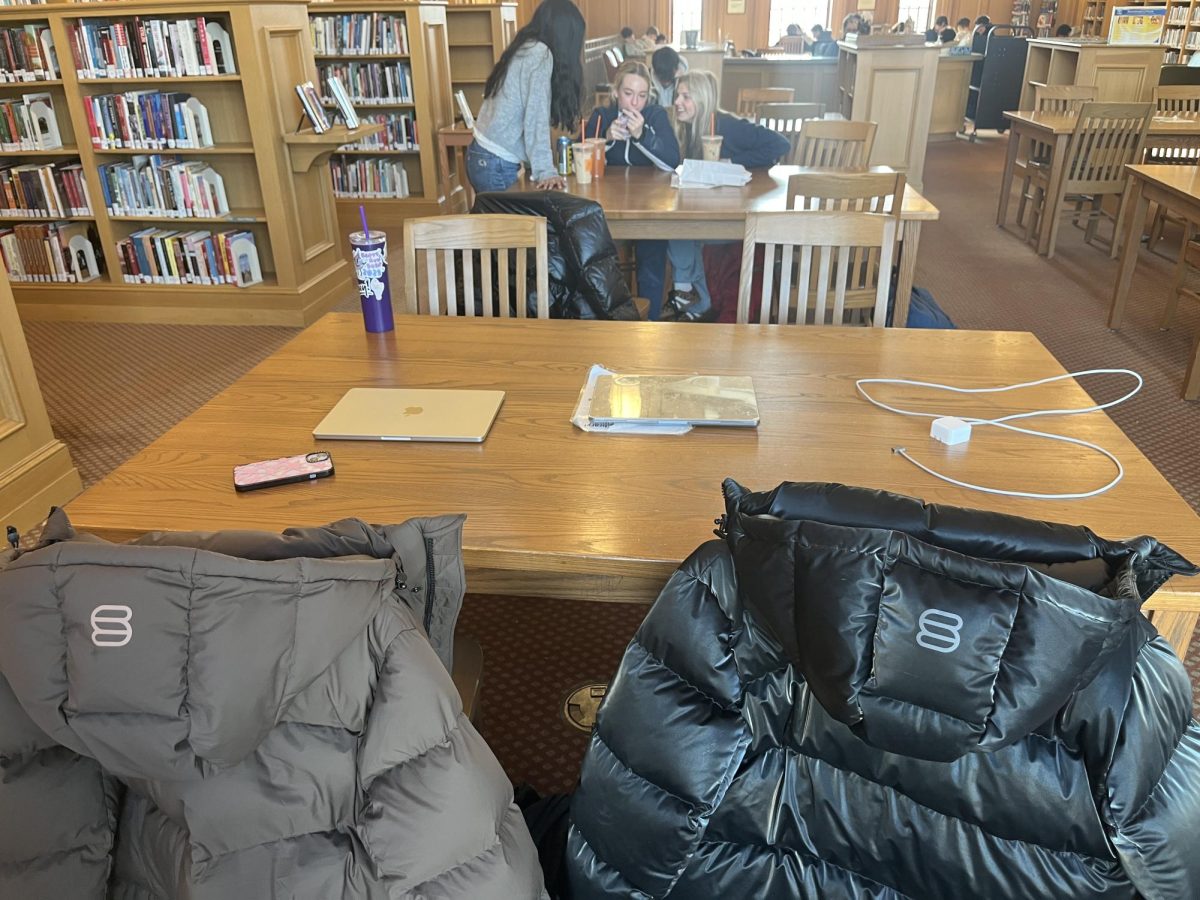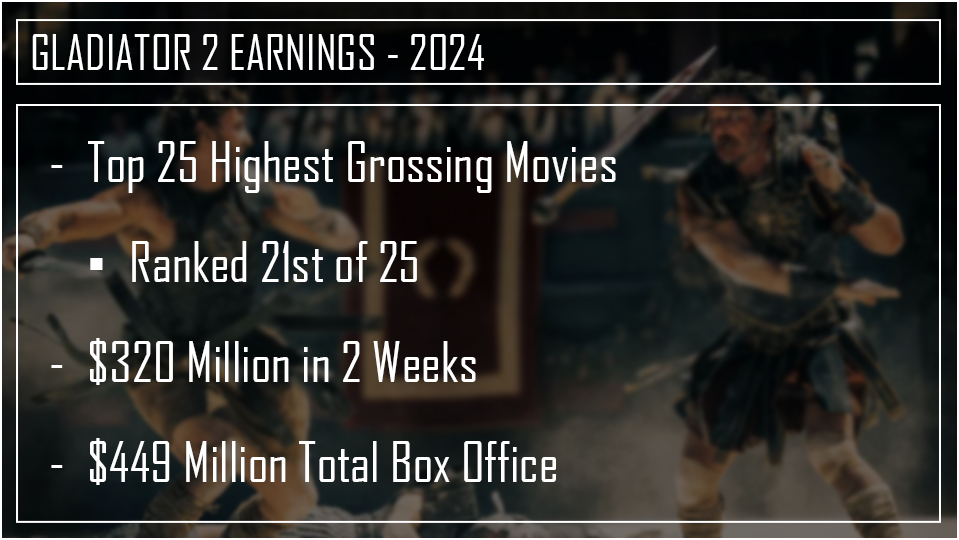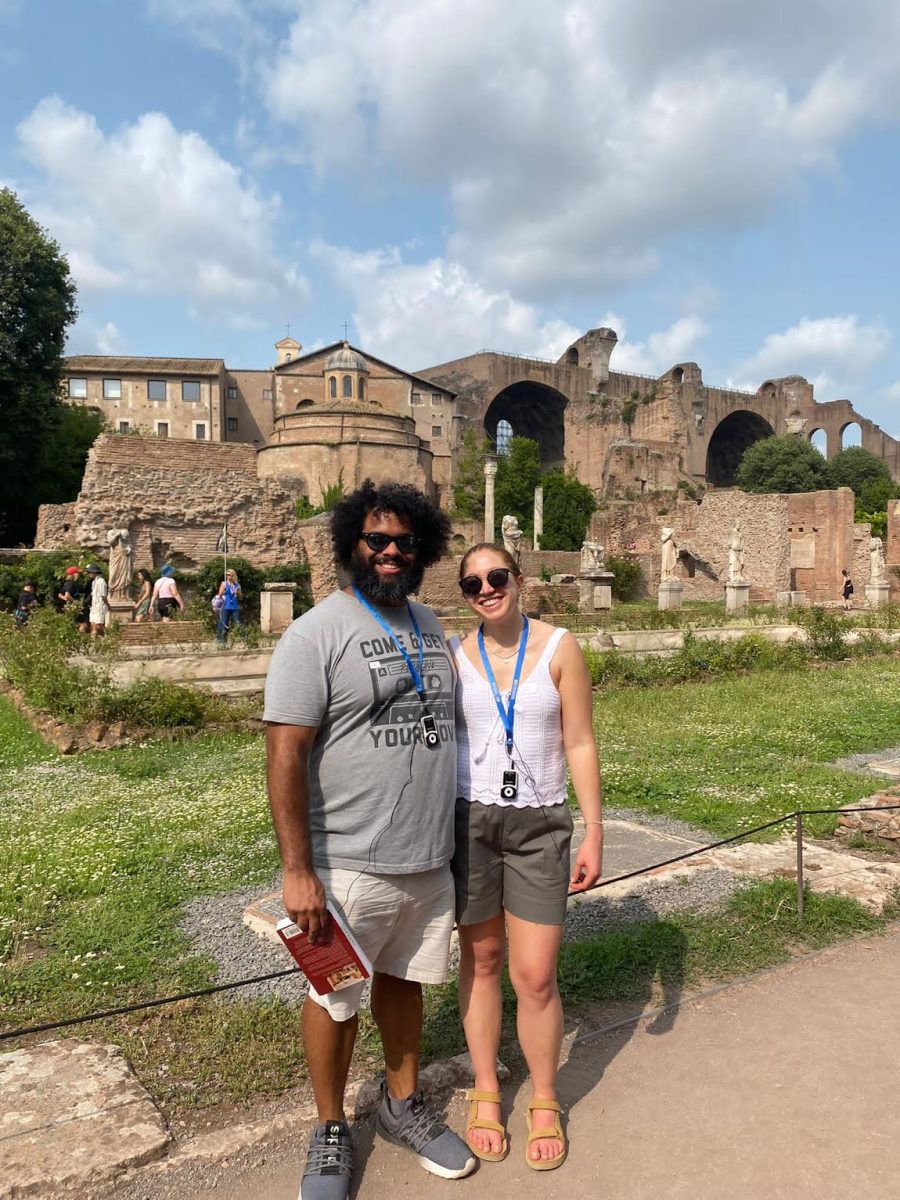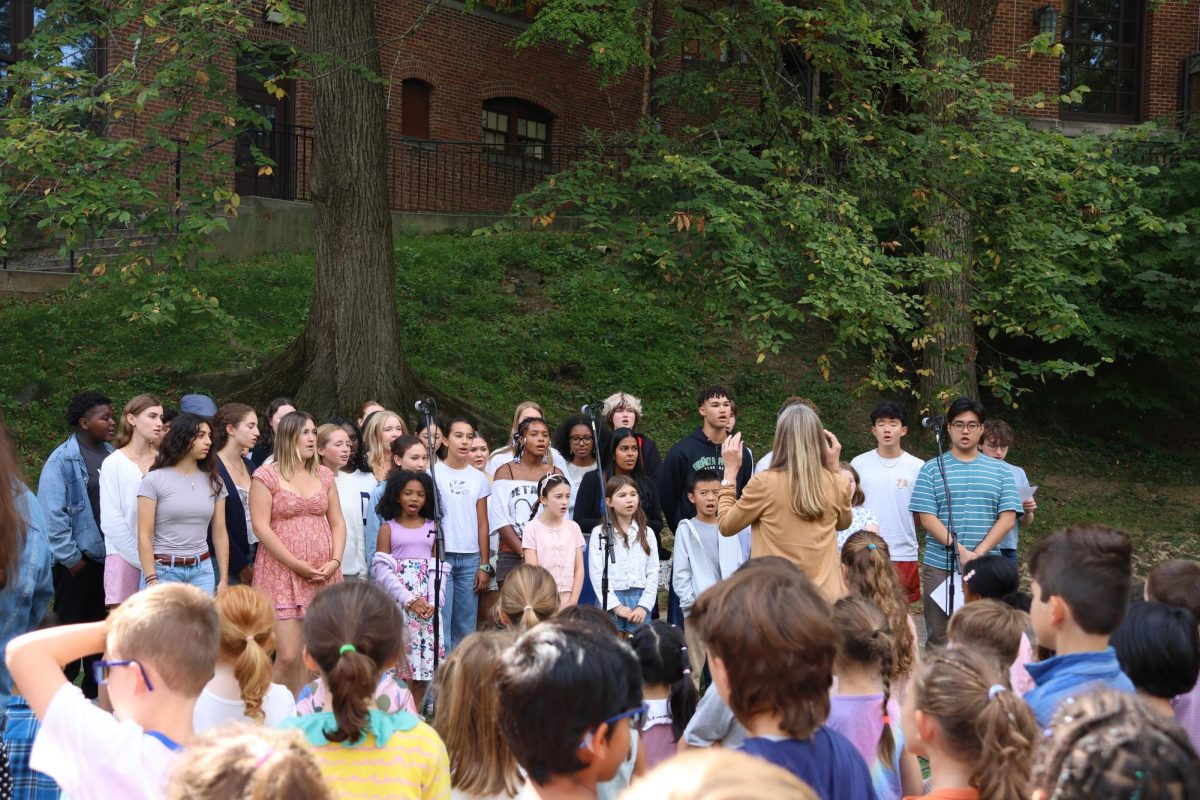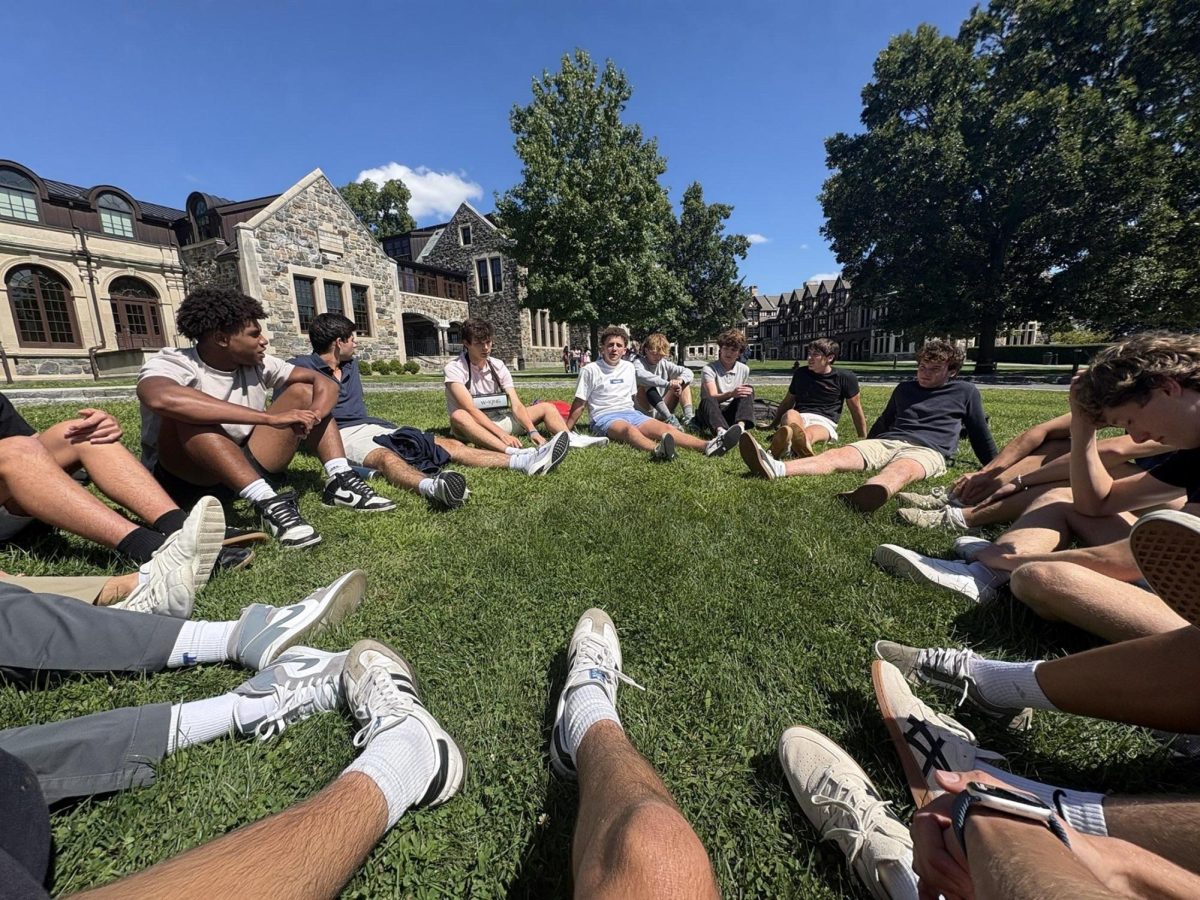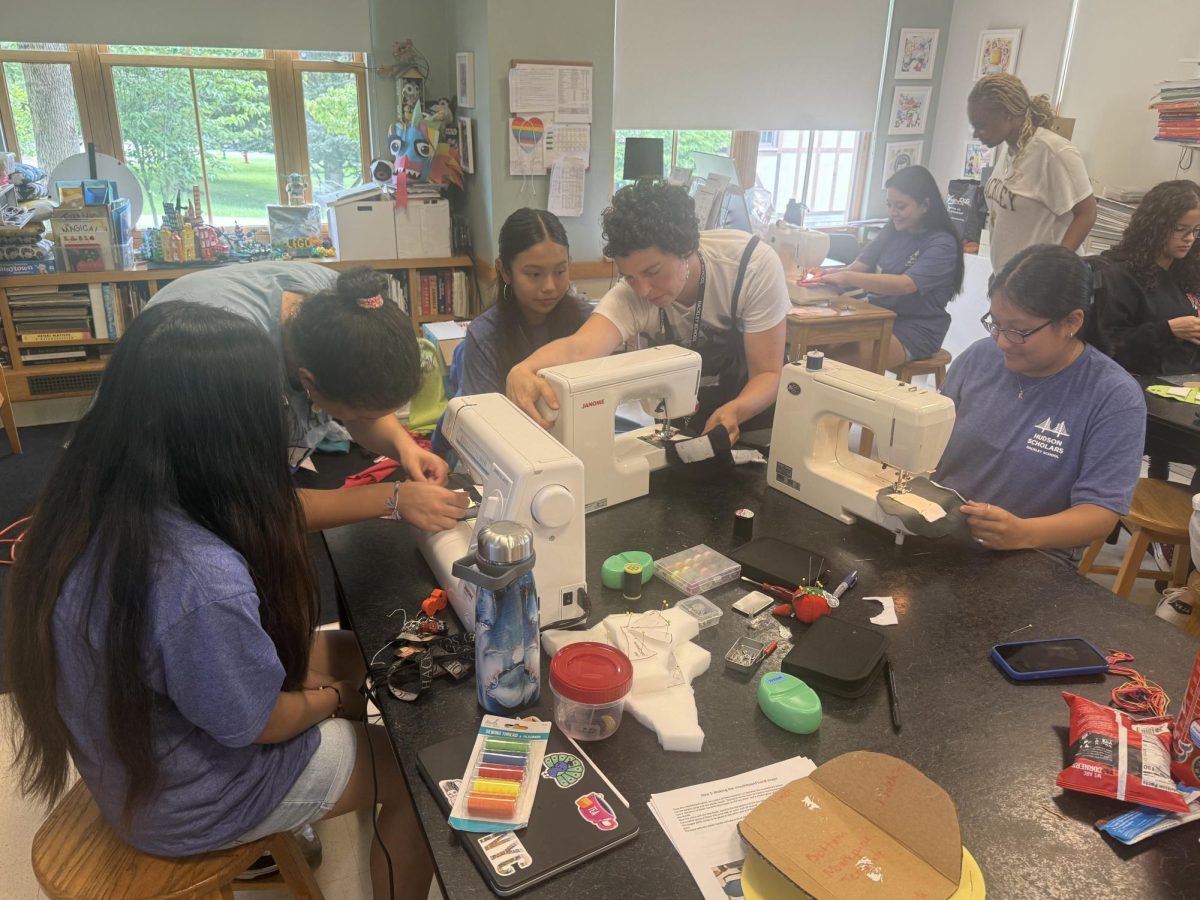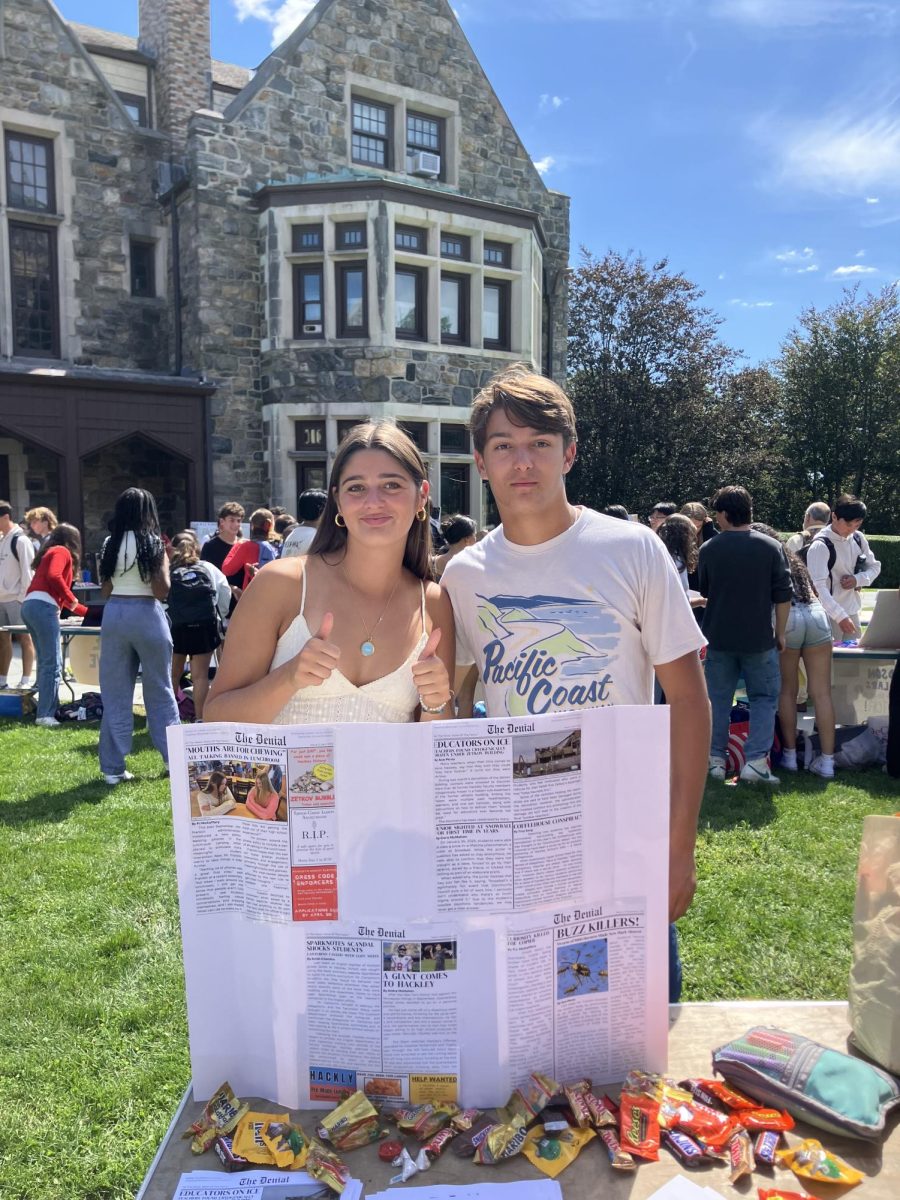In Elif Batuman’s Pulitzer Prize finalist, The Idiot, readers can experience a glimpse of the mid-1990s — a time when email was a new and exciting mode of communication, helping create new relationships for protagonist Selin, a Turkish-American freshman studying languages at Harvard University.
At first, one may think the story is about an era much less connected to and ruled by technology, but as the story persists, we see Selin explore love, identity, and adolescence through a connection formed via online communication, something many young adults relate to during this growing digital age. Whether email in the 1990s or Snapchat in 2025, the novel challenges readers to consider how technology has altered their connections.
The year is 1995, and as Selin settles into Harvard, she’s exposed to new and enriching classes in linguistics and Russian literature. As she befriends her classmates and roommates, each with their unique oddities and imperfections, the novel paints a relatable coming-of-age scene where relationships can shape how one grows into adulthood. Selin is witty and curious, even evoking a chuckle from the reader at times. Her passion to learn and explore the world is admirable, and as she awkwardly interacts with others, she’s remarkably relatable and honest.
As the school year progresses, Selin develops an interest in senior mathematics student Ivan. Through their main form of communication, email, Selin and Ivan exchange confusing, intellectual, and awkward messages. With each new response, Selin finds an increasing comfort in hiding behind her screen and romanticizing Ivan — a striking similarity to the behaviors of many growing up in newer generations with connections built by and centered around social media platforms.
Though Ivan seems emotionally unavailable for Selin, with each new email exchanged, her crush on him only grows like wildfire.
Selin dwells on Ivan’s delayed responses, making excuses for his absence and obsessively checking for an email response, something still relatable to many young adults three decades later.
Selin then follows Ivan to Hungary to teach English for the summer, hoping to clarify and grow their connection, but things only grow more confusing and complicated. While Selin explores the cultural differences between the U.S. and Hungary, she struggles to express her feelings.
Selin and Ivan remain platonically involved, but it becomes clear that Selin is not the kind of heroic character attempting to solve a centuries-old treasure hunt; she’s a raw and relatable one, navigating her feelings and what it means to be in love during a vulnerable time in her life.
Though at moments she seems very self-aware of her situation, she’s almost always surrounded by a haze of misunderstanding and unspoken truths that can come with relationships revolving around online communication.
While Batuman doesn’t romanticize or portray the college experience as simple, it’s the frustration, sadness, excitement, and all emotions in between that Selin encounters that remind us what real life looks like in a world corrupted by the false realities created by online profiles.
Although Selin learns multiple languages throughout the novel, a harsh truth emerges: despite her fluency, she has difficulty communicating with others.
While The Idiot isn’t a fast-paced, highly dramatic read, its quieter tone is rewarding for those keen on accepting it. Selin is a little bit of all of us. She makes us consider a vital question that’s even more relevant now in 2025 than in 1995: does the use of technology help us grow closer to others, or does it create a devastatingly larger distance?


